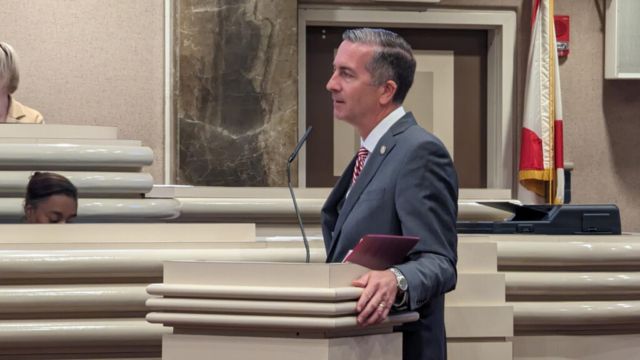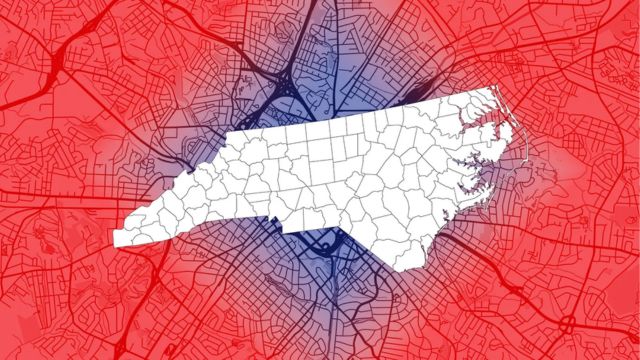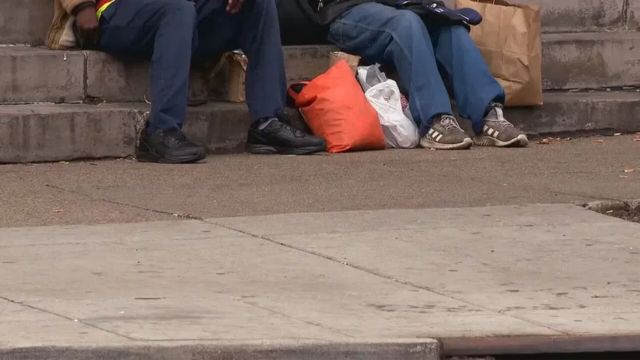The state of Alabama is now debating whether or not to pass legislation that would make it more challenging to cast an absentee ballot.
The Senate Bill 1 was approved by a committee of the state senate on Wednesday with a vote of 7 to 3. Garlan Gudger, a Republican state senator from Cullman, is the one representing the bill as its sponsor.
It will be illegal to order, solicit, pre-fill, obtain, or deliver an absentee ballot application if the legislation is passed. Additionally, applicants would be required to submit their own applications, and there will be criminal repercussions for anyone who violate the law.
It is possible that any anybody who breaches the measure could be charged with a misdemeanour offense, and any individual who gets paid for doing so could be found guilty of a class C felony. It is possible for a third party who “knowingly” does such an act to face a felony charge of class C and a maximum sentence of ten years in jail.
Any individual who intentionally pays a third party to submit their absentee ballot is subject to the possibility of receiving a class B felony charge, which would result in a maximum sentence of twenty years in jail.
In the event that voters require assistance in filling out their votes, they have the option of receiving assistance from a member of their family, a resident of their household, the office of the Secretary of State, a judge in their county, or an elections manager.
If the individual who is voting is blind, disabled, or unable to read or write, there are special exclusions provided for them. The measure would also not have any effect on members of the armed forces who are stationed overseas.
In an interview with reporters, Mr. Gudger stated, “The bottom line is that it is illegal for someone to pay or receive money when they are collecting ballots or putting in applications,” as reported by the Alabama Reflector. The ballot is not displayed here. The application for the ballot is as follows:
There has been a vehement demonstration of opposition to the law by the American Civil Liberties Union.
This bill inhibits the work of various organizations that provide services to senior citizens, students, or those who are homebound, according to a statement released by the civil rights organization. “This bill prevents their work to ensure and expand access to the ballot,” the statement read.
The criminalization of help that enables others to participate in the voting process makes it more difficult for Alabama’s most vulnerable individuals to exercise their right to vote.
In the event that Alabama Republican Governor Kay Ivey were to sign the bill into law, it would immediately become effective.
The Republican Party has made a number of steps to restrict access to voting, and this is the most recent effort in that direction.
According to the Brennan Center, an organization that monitors legislation, at least 32 states presented legislation in the previous year that would restrict voting by imposing restrictions on the ways in which voters might register, remain on the voter registers, or vote in comparison to the laws that were already in place in those states.




